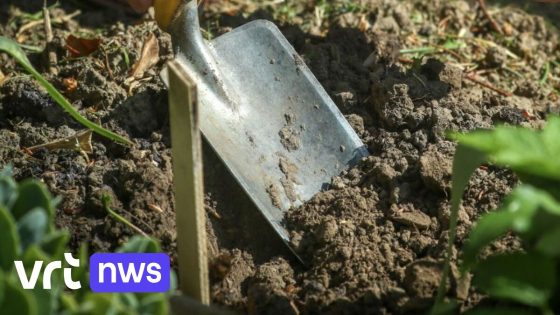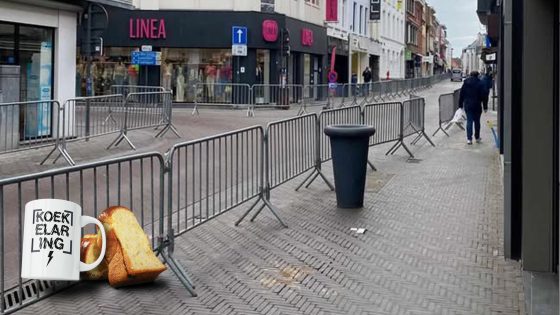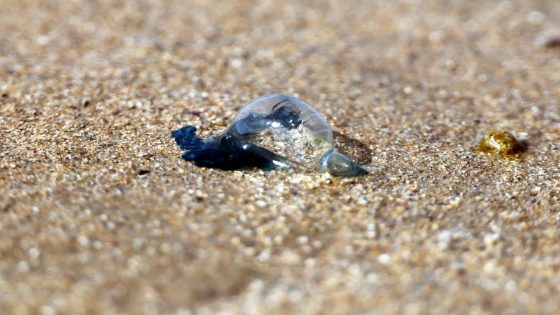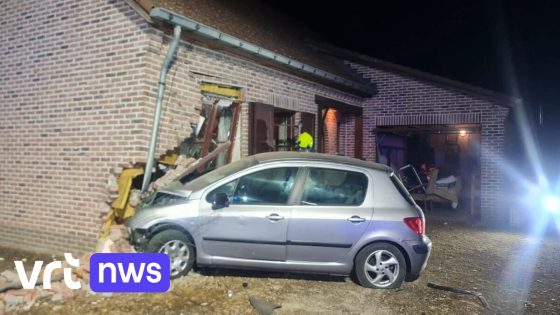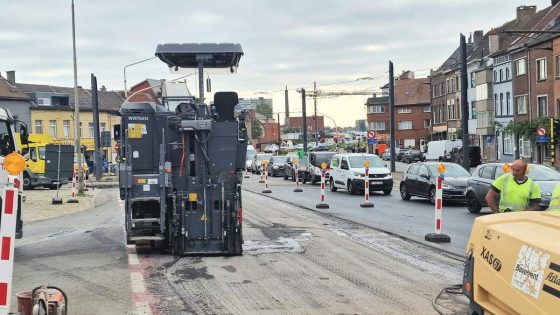This autumn, a large-scale investigation into pesticide levels in soil will commence across the Belgian regions of Sint-Truiden, Hoogstraten, and Roeselare. The study aims to collect around 100 samples from fruit growers, potato farmers, businesses, parks, and private gardens. This initiative will provide crucial data on the presence of various pesticides in local soils.
- Start large-scale pesticide soil research this fall
- Collect about 100 samples from various sites
- Include fruit growers, potato farmers, and parks
- Invite public to apply via VITO
- Focus on regions Sint-Truiden, Hoogstraten, Roeselare
The research is organised by the Flemish Institute for Technological Research (VITO), which invites residents and landowners to volunteer their sites for sampling. The project officially kicks off on 2025-08-02 13:30:00, marking a significant step toward understanding environmental impacts in these key agricultural areas.
Why is it important to monitor pesticide residues in soil? How can this research influence local farming and environmental policies? The answers to these questions will become clearer as the study progresses, offering valuable insights for the Belgian agricultural sector and communities alike.
Investigating pesticide contamination raises important questions about soil safety and long-term agricultural sustainability. What risks do pesticides pose to soil ecosystems and human health? This study will help clarify these concerns by providing:
- Comprehensive data on pesticide types and concentrations in key Belgian farming regions
- Insights into potential contamination in both commercial and private land
- Support for evidence-based environmental and agricultural policies
As the project unfolds, Belgian farmers, gardeners, and policymakers are encouraged to stay informed and participate where possible. Will this initiative pave the way for cleaner soils and safer food production? The coming months will reveal its impact.



